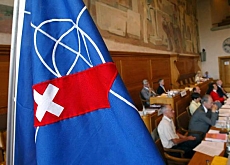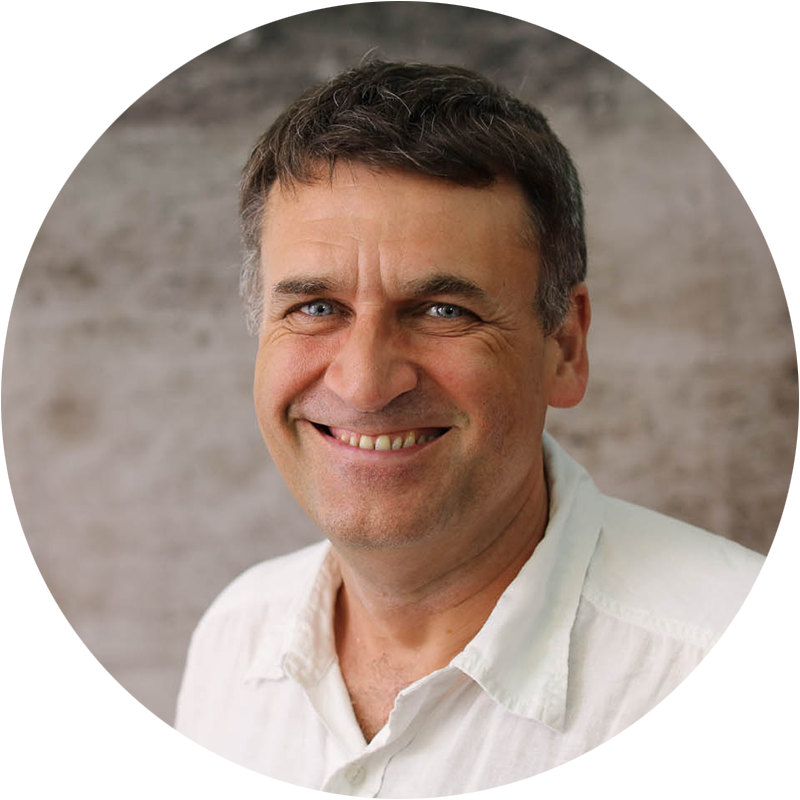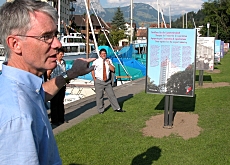Fifth Switzerland holds forth in Bern

The Council of the Swiss Abroad is meeting in Bern for a session that will focus on the political rights of the Fifth Switzerland – those Swiss living abroad.
The many speakers will concentrate on Swiss expatriates’ priorities and prospects when it comes to participating in the political life of their country.
The setting of Saturday’s discussion, the federal parliament, could not be more appropriate for what has often been termed the “Parliament of the Fifth Switzerland”.
This year the subject of the council’s spring session will be the “political participation of Swiss living abroad”.
The topic certainly needs debating: in 2005, the number of expatriate Swiss registered to vote back home passed the 100,000 mark for the first time. At the end of the year, 105,212 were on the electoral roll.
Since the right to register a postal vote was introduced in 1992, participation has increased dramatically: 14,000 initially, more than 56,000 in 1995, almost 73,000 in 2000…
Participation
For Thérèse Meyer-Kaelin, a parliamentarian and chair of the inter-party parliamentary group representing Swiss abroad, Swiss expatriates’ participation in the political life of the country greatly enriches debate in Switzerland.
According to the Christian Democrat, who will be speaking at the discussion, there needs to be further progress in this direction. “Electronic voting is the next step. We hope to be able to introduce it in time for the federal elections in 2011.”
Although the number of Swiss expatriates who vote in elections is high, political representation of the Fifth Switzerland still leaves something to be desired.
Swiss residents abroad can stand for election to parliament, but they must present themselves in a canton on a party list. Because they are often not well known, such candidates have little chance of being elected.
Unlike in Italy, where a number of seats are reserved for expatriates, in the Swiss system there is no such thing as an extra-territorial constituency.
Limited influence
Another topic on the agenda will be voting behaviour.
“The way expatriates vote is no different from that of their compatriots back home,” said Claude Longchamp, director of the gfs.bern institute, which specialises in analysing voting patterns and which will be presenting some of its findings at the meeting.
Longchamp says there are three factors distinguishing Swiss living abroad: “greater openness to the EU, less support for policies that put restrictions on foreigners and asylum seekers, and greater enthusiasm for ways of making the economy more competitive”.
But he adds: “With 100,000 people entitled to vote and a participation rate of around 65 per cent, their influence on the overall vote is of course minimal.”
In one case however their vote has been decisive. “Without the involvement of Swiss living abroad, the people’s initiative sponsored by the Swiss People’s Party against abuses of the asylum system [which was rejected in November 2002 by just 50.1 per cent] would have been passed.”
swissinfo, Daniele Mariani
The Council of the Swiss Abroad is the governing body of the Organisation of the Swiss Abroad.
Its main task is to promote the interests of all Swiss expatriates regarding the authorities and public opinion in Switzerland.
The council meets twice a year (once to coincide with the annual Congress of the Swiss Abroad) to examine political issues of concern to the Fifth Switzerland.
The Council currently consists of 148 delegates, some of whom are resident in Switzerland.
At the end of 2005, 634,216 Swiss were resident abroad, 11,159 more than at the end of 2004.
The number of Swiss citizens living in Europe: 395,397.
In Africa: 18,017.
In America: 163,122.
In Asia: 30,451.
In Oceania: 27,229.

In compliance with the JTI standards
More: SWI swissinfo.ch certified by the Journalism Trust Initiative












You can find an overview of ongoing debates with our journalists here . Please join us!
If you want to start a conversation about a topic raised in this article or want to report factual errors, email us at english@swissinfo.ch.